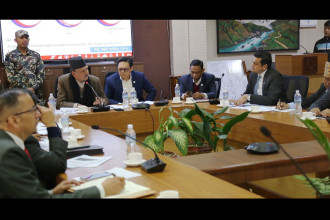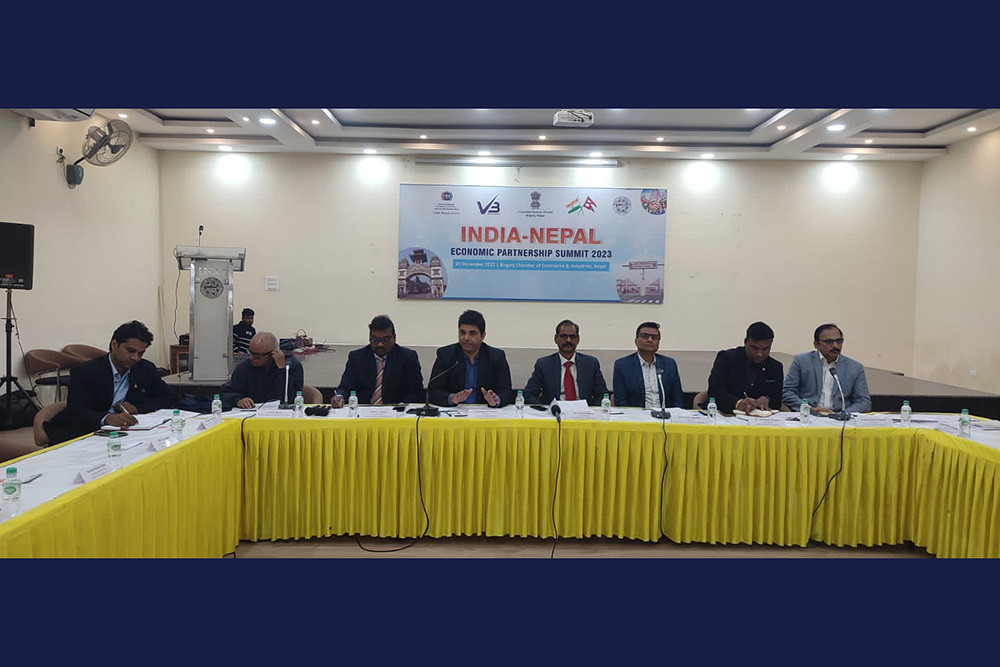
On September 28, President Bidhya Devi Bhandari signed into law two ordinances passed by the Council of Ministers aimed at curbing acid violence in the country. The new legislation has adopted heavier punishment for perpetrators of acid violence and introduced some regulatory measures for sale and distribution of acid and other corrosive materials.
As a group of civil society organisations who have long been campaigning on the issue, Amnesty International Nepal welcomed this development and takes it as a sign that the government has paid heed to voices of survivors and others demanding changes in the law in order to better address acid violence.
As per the new laws which came into effect on September 28, the maximum jail term for perpetrators of acid violence has been increased from eight years to 20 years and fine up to one million rupees. The ordinance has also amended the Evidence Act 2031 to widen the definition of what can be considered evidence. Similarly, it has also made it mandatory for sellers of acid and other corrosive materials to obtain a license and to sell to only adults above the age of 18.
A delegation of six civil society organisations including Amnesty International Nepal; Burn Violence Survivors Nepal; Forum for Women, Law and Development (FWLD); Justice and Rights Institute Nepal (JuRI-Nepal); Legal Aid and Consultancy Center (LACC) Nepal; and Women’s Rehabilitation Center (WOREC) met with Law and Justice Minister, Shivamaya Tumbahangphe had formerly submitted a set of recommendations on the new legislation.
Recommendations included calls for strict punishment, free treatment and adequate compensation to survivors, provision of social safety allowances, education and employment opportunities, counselling for both victims and perpetrators, regulation of sale and distribution of acids and other toxic substances and creation of awareness programs for young people.
“The changes brought by the ordinances in respect to widening the scope of punishment of perpetrators, adding provision for treatment of survivors and prioritizing such cases in the court are all welcome. However, unless there are additional provisions that offer financial and social protection to address the psychosocial impact on survivors, these changes will not be fully effective,” said Lubha Raj Neupane, Executive Director of WOREC Nepal.
“I would also like to draw the attention towards treatment of past survivors and the need to establish a burns unit in every hospital,” said Anita Neupane Thapaliya, Executive Chair of Legal Aid and Consultancy Centre Nepal.
Published Date: October 15, 2020, 12:00 am
Post Comment
E-Magazine
RELATED B360 National





